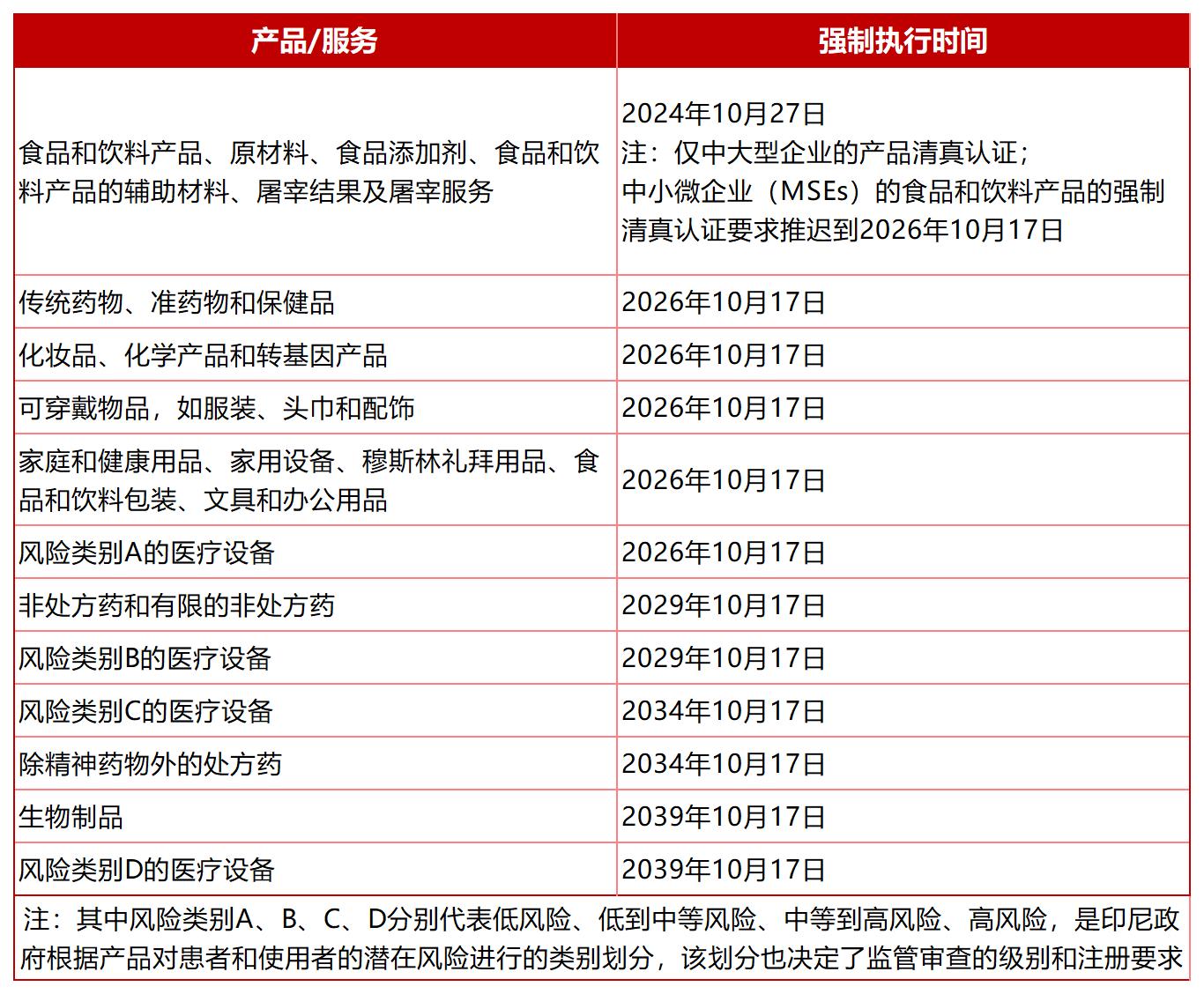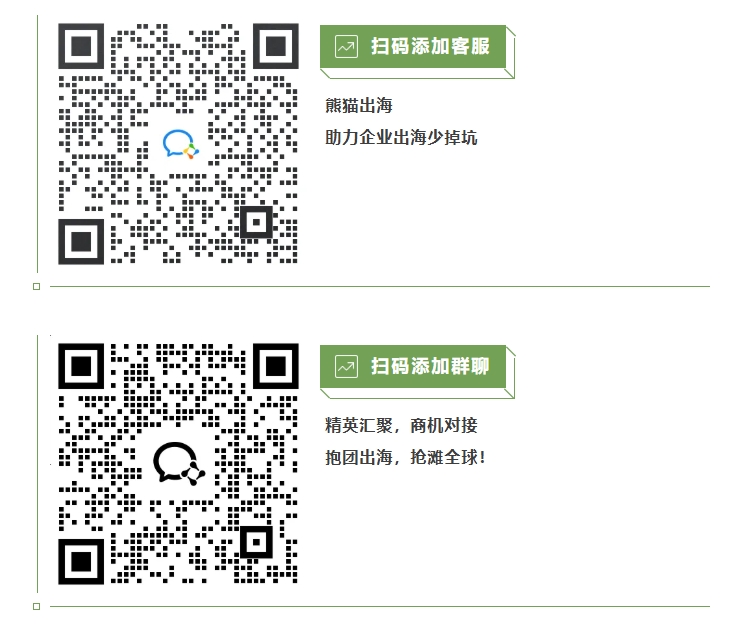Guangxi Luobawang Food Technology Co., Ltd.'s instant snail noodles and boiled snail noodles were certified by the Indonesian Ulama Council (Majelis Ulama Indonesia, MUI) Halal Product Assurance and Implementation Bureau (BPJPH) on January 17!
Image source: China Guangxi Pilot Free Trade Zone
This is the world's first halal certification certificate for river snail noodles issued by BPJPH. This breakthrough marks the official opening of Liuzhou river snail noodles into the Indonesian market, and also provides a benchmark case for Chinese food companies to develop Muslim consumer groups!
01
Indonesian market life and death line: Halal certification becomes mandatory threshold
However, Panda Overseas learned that according to the latest Indonesian government regulations (GR 42/2024):
From October 17, 2024, all large and medium-sized enterprises' food, beverages, slaughter products and services must pass halal certification before they can enter, circulate and be sold in Indonesia, otherwise they will face administrative penalties such as written warnings, fines, revocation of certificates or bans on sales.
This policy will gradually expand to multiple fields such as cosmetics, pharmaceuticals, and chemical products in the next two years, with a wide range of impact.

02
Three core advantages of Indonesian halal certification
1. Permanent validity
According to the latest regulations of the Indonesian government (GR 42/2024), halal certificates issued by BPJPH now have permanent validity, provided that the material composition or halal production process (PPH) of the product has not changed, effectively reducing the cost of repeated certification for enterprises.
2. Global Recognition
According to Panda Overseas, BPJPH has reached mutual certification agreements with certification agencies in about 60 countries.
This means that if a product successfully obtains BPJPH's halal certification, it is very likely that when exporting to some countries such as the Middle East and Southeast Asia, it will not need to apply for the relevant certification of the country separately, and it can be circulated smoothly in the local area, which will greatly help companies radiate the global Muslim market.
3. Market potential explodes
It is predicted that by 2030, the number of Muslims in the world will account for 26.4% of the world's total population, the number of halal food consumers will exceed 2.2 billion, and the total global halal food trade volume will account for more than 25% of the global food market.
An authoritative halal certification certificate can not only create more opportunities for halal food exports to Muslim countries and regions, but also a high-standard pass for companies to enter the high-end food consumption market in Europe and the United States.
03
Difficulties and solutions for halal certification in Indonesia
Therefore, enterprises may encounter the following difficulties when conducting certification:
① Complex ingredients: Some products contain complex ingredients, and it is difficult to ensure that all ingredients meet halal standards.
② Irregular production process: Cross-contamination or irregular operations during the production process may result in failure to pass halal certification.
③ Long certification cycle: The halal certification process is complex and time-consuming, which may affect the time to market of the product.
Faced with the complex halal certification process, PDAEXSEA recommends relevant companies:
① Choose a reliable raw material supplier to ensure that all raw materials are halal certified or meet halal standards; adjust the formula when necessary, and remove or replace non-compliant ingredients.
② Provide employees with halal certification-related training to improve their understanding and implementation of halal standards and ensure that all employees participate in halal production.
③ Prepare in advance to ensure that all materials and documents are complete; maintain good communication with BPJPH, respond to auditors' needs in a timely manner, and shorten the certification cycle.
PDAEXSEA, a one-stop cross-border enterprise service platform, tailors overseas solutions and supporting landing services for Chinese companies, helping Chinese companies to avoid pitfalls when going overseas.
For more information about Indonesian halal certification services, please consult PDAEXSEA professional consultants.



